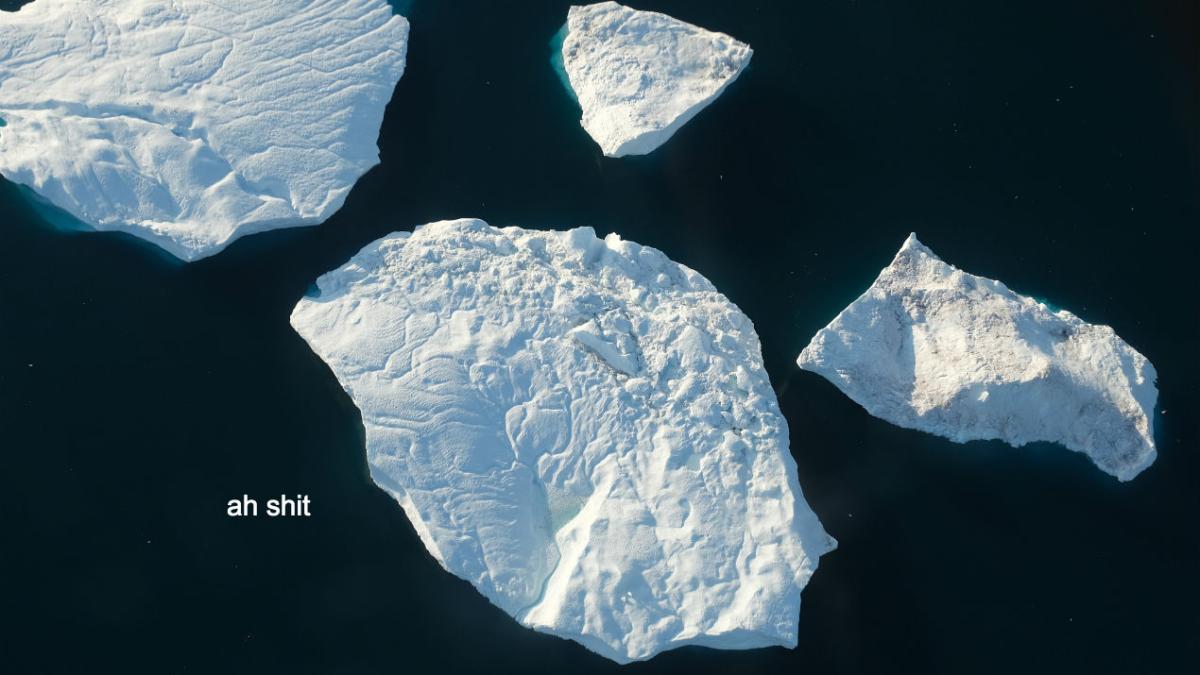
The United Nation’s landmark COP25 climate conference has ended without a clear international plan to further crack down on carbon emissions, with some delegates blaming carbon-belching nations like Australia for the compromised result.
BBC reports that after two extra days of negotiation at the Madrid summit, participant nations failed to commit to ambitious but necessary emission-reduction commitments.
The stifled result comes at an urgent moment. The UN recently has warned that to prevent “dangerous” damage to the climate, world leaders must limit the rise of average global temperatures to 1.5 degrees Celcius above pre-industrial levels. As it stands, we’re sailing for a rise of up to 4 degrees.
Instead of locking in new plans, world leaders will reconvene next year in Glasgow to hash out the issue. Not exactly a fitting response to a problem which needs action right bloody now.
[jwplayer dDYth4Cf]
“I am disappointed with the results of COP25,” UN Secretary-General António Guterres said after the recent talks.
“The international community lost an important opportunity to show increased ambition on mitigation, adaptation and finance to tackle the climate crisis.”
Multiple factors led to the crap result.
The draft agreement put forward by Chile, which convened the talks, was criticised for being too lax on rich nations like the United States (which has already pulled out of the 2015 Paris Agreement), Russia, India, China, and Australia.
The Alliance of Small Island States (AOSIS), which comprises many nations threatened by the growing impacts of climate change, blamed those nations for stalling on new commitments.
Canadian outlet The National Observer reports Grenadian minister Simon Stiell “put blame for COP’s failure squarely on the United States, Brazil and Australia”.
Another factor was international disagreement over a global carbon emissions trading scheme. Eventually, a coalition of European, African, South American, and small island nations prevented an agreement which advocates claim was too soft on heavy polluters.
ABC reports that Mohamed Adow, director of advocacy group Power Shift Africa, directly fired at Australia for its lacklustre goals.
“Thankfully, the weak rules on a market-based mechanism, promoted by Brazil and Australia, that would have undermined efforts to reduce emissions has been shelved,” he said.
On Friday, Carlos Manuel Rodríguez, Costa Rica’s minister for energy and environment also blamed “Australia, Brazil and the US” for pushing resolutions which were “totally unacceptable”.
Outside of the public sphere, Aussie billionaire and climate advocate Michael Cannon-Brookes also had a spray about the outcome.
Let’s be clear. Australia played a major role (along with 3 other fossil fuel economies) in blowing up these talks.
When we say “we’re too small to make a difference”, here’s an example where that’s definitively not true. Sadly in this case. https://t.co/r5gu353AHI
— Mike Cannon-Brookes 👨🏼💻🧢🇦🇺 (@mcannonbrookes) December 15, 2019
Good times to be alive, folks.







